(late April 2023)
Having gone to the movies to see All Quiet on the Western Front, I decided to, at long last, read the book.
It was on reading lists at school as far back as 7th grade, if I recall correctly. Back then, it was on one of acceptable titles for book reports along with Tom Sawyer, Huck Finn, The Hobbit, and other literary classics that could be tackled by a 13-year old. Then, in high school, it was on various lists given to me by my English teachers of novels that college-bound kids should read before going on to a university. Somehow I managed to get away with not reading it until deep in middle age and don't recall it ever coming up in college.
Written by Erich Maria Remarque and first published in 1928, its German title is Im Westen nichts Neues or Nothing New in the West. As expected, Edward Berger and the rest of the folks who made the latest cinematic adaptation took a lot of liberties with the source material.
A young man named Paul Bäumer is our protagonist just as in the movie. He volunteers for the army and meets a cast of characters that we get to know to one degree or another once he has enlisted. Going in, Paul is wide-eyed, optimistic, and patriotic. Soon, however, he is dour and cynical. War has ground him down. As one of the German soldiers, Albert, says, "The war has ruined us for everything."
The movie was more explicit in its portrayal of fighting and life in the trenches. The descriptions of hell are generally more off-handed in the book. Whereas the movie would give a blow-by-blow account of skirmishes, the book gave summaries in retrospect, such as "we attacked and so-and-so had an arm blown off by a grenade". One scene that thoroughly spooked me was when Paul and his fellow soldiers are hunkered down in the trenches and hear not only men groaning in agony, but also the sound of horses in the throes of death. Detering, a farmer turned soldier, is especially irked and angry as beautiful, innocent animals are being thrown into this man-made hell to suffer.
There's a distressing scene that I don't recall from the movie, where Paul goes home on leave. Rather than taking joy and comfort from being in the presence of his family, he discovers that civilian life just isn't for him anymore. He concludes that going home was a mistake.
After hearing Albert's sentiment above, Paul thinks:
He is right. We are not youth any longer...We are fleeing. We fly from ourselves. From our life. We were eighteen and had begun to love life and the world; and we had to shoot it to pieces.
I was happy to get another classic of literature under my belt even if I should have read it 35 years ago. Not an uplifting read but it was neat to compare and contrast the novel and the movie from last year. They both chronicled the mental toll that war takes on those who fight it, in addition to all of the death and destruction that comes with conflict. "War is hell" may be an evergreen message yet it never seems to stop us from fighting with one another.
********
A friend of mine who lives in West Chicago for years had bandied about the idea of my Frau and I coming down so we could go see Paper Machete at the Green Mill. It’s put on every Saturday afternoon and the event’s website describes it as being “inspired largely by the ‘Living Newspaper’ plays produced by the WPA’s Federal Theater of the 1930s, with visible shades of vaudeville, the Chautauqua public lecture circuit, Harold Ross’s early, pre-serious New Yorker years, old-time radio, campus follies, political cabaret and community theater.”
Well, when my friend and I went to see a concert together last month he put a date on our venture to the Uptown neighborhood. I told my mother about our plan and she informed me that my grandfather took my grandmother to the Green Mill when they were courting. Perhaps it was a change of pace from the beer and polka to be found on the Polish Broadway. And so my Frau I headed south last week.
I couldn’t recall the last time I was in Uptown and had never been to the Green Mill before. Being a progressive rock dork who collects bootlegs, I stood at the corner of Lawrence and Broadway looking east down the former thinking, "Oh look, there's the Aragon Ballroom. Jethro Tull played there on 16 August 1970 and the show was broadcasted on the radio - WXRT, I do believe." Turning to the north and looking down Broadway, I spied the old, disused Uptown Theatre. "Ooh! And that's where Genesis played on 13 October 1978 and that show too was broadcasted by WXRT."
My friend, his wife, and the Frau and I made our way into the Green Mill. Walking inside, it felt rather odd thinking that I was following in the footsteps of my grandfather by bringing my gal to the place. Looking around, I saw that the decor wouldn't have been out of place in the 1930s when my forebears would have gone there. The only thing missing was a canopy of cigarette smoke hovering just above the bar and booths. We found that another friend of ours and his significant other were already there and had a table waiting. They live in Evanston so their commute was much shorter than ours.
There were 2 stages. One at the far side of the joint.
And a smaller one behind the bar.
The show began with the emcee lip-syncing an old show tune and then proceeding to tell the life story of one Julia Jean Turner who, I guessed correctly about 2/3 of the way through, was better known as Lana Turner.
Musical headliner Keem Singing then sang a tune for us.
He was followed by one Joey Bednarski. Current events are a motif in most of the performances and he came onstage, ripped off his shirt, and did a routine with an Earth Day theme. (I snagged the next 2 photos from the Paper Machete Facebook page.)
That paint on his gut was supposed to be a picture of the Earth but, as he admitted, painting was not his forte.
He was followed by a comedian who looked to be of Indian descent, Sonal Aggarwal.
She kept the topicality going with her monologue about the upcoming coronation of King Charles which naturally led her to comment on the British Empire. Another woman, Gina Gephart, gave us the week in social media which involved Twitter and slowly devolved into a rather raunchy routine.
There was another musical guest, Ross Berman, who performed mid-show a la Bob Dylan, i.e. – with an acoustic guitar & harmonica. He even did a Woody Guthrie song. A touring comedian named Tim Smith performed towards the end. His set was rather off-color, including a bit about how his diminutive girlfriend could be mistaken for a 7th grader, but very funny.
The Frau and I had a great time. The show made us laugh throughout and we got to visit with folks we don’t get to see often. Plus, I indulged in a cocktail that I'd never heard of before...
At one point, my friend, who is a big military history buff, leaned over to me and remarked that they served a cocktail that was named after a piece of artillery but he couldn't remember the name of it.
"A 'Howitzer'?" I asked. "Some Kornbranntwein with a splash of Kirschwasser, perhaps?"
Our server just looked at us funny when we asked about it. A quick internet search revealed it to be a French 75, so named because its mixture of gin and champagne carried a kick not unlike being shelled by a French 75mm field gun. I take it that it was named by a World War I veteran. Anyway, it was very tasty.
********
Last fall I heard a podcast that mentioned the album From Gardens Where We Feel Secure by Virginia Astley which was released in 1983.
However, because of copyright restrictions, none of the music was actually played. But the hosts’ descriptions were enough to send me to Youtube to investigate. I found that it was a marvelous album and resolved to buy a copy. It took a couple months for me to make good on my resolution, but I eventually did buy it from the artist’s Bandcamp page on a Friday so 90% of the earnings went to her.
Unfortunately, I had placed my order in the aftermath of a hacker attack on the British postal service and no packages destined for outside of the UK were being processed. Oops.
It was 2 or 3 weeks late but the album eventually arrived.
It is meant as a musical chronicle of a lazy summer day beginning in the morning and going through the afternoon until dusk. The songs are sparsely arranged with Astley’s piano being the main instrument. But it is accompanied by some noises recorded out in the English countryside that range from bird song to the peal of a church bell.
This is a very pastoral affair with lovely piano melodies usually playing on top of simple rhythms provided by found sounds. For example, in “Too Bright for Peacocks”, the repeated bleating of a lamb provides the beat while piano lays down a sprightly melody. Also, there’s a smattering of woodwind and the occasional treatment, i.e. – what sound like noises played backwards.
I know this all sounds really twee but these songs are genuinely beautiful without being quaint or feeling like the products of an affectation.
Listening to it now gets me anxious for slightly warmer weather and long bike rides in the country.
********
Bonus photo. No cats this time. Instead we have a 1740 Silbermann-style clavichord.
A friend of mine works for a piano restorer/seller here in Madison and they recently released this photo on social media crediting the owner with having made it. My friend rolled his eyes as he had much larger role in its construction than the owner.
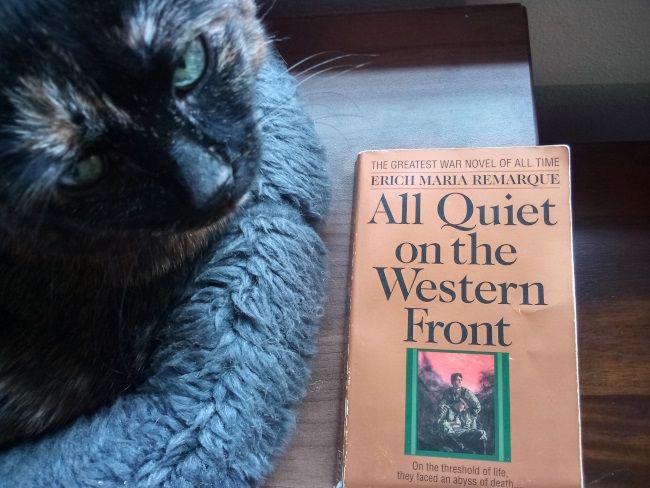
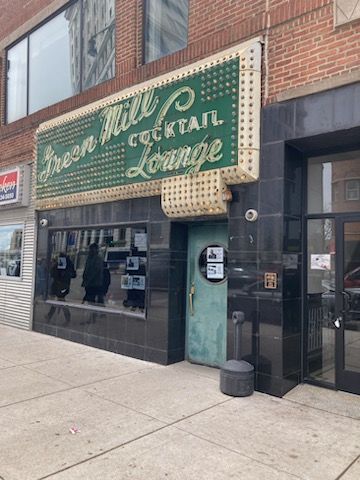
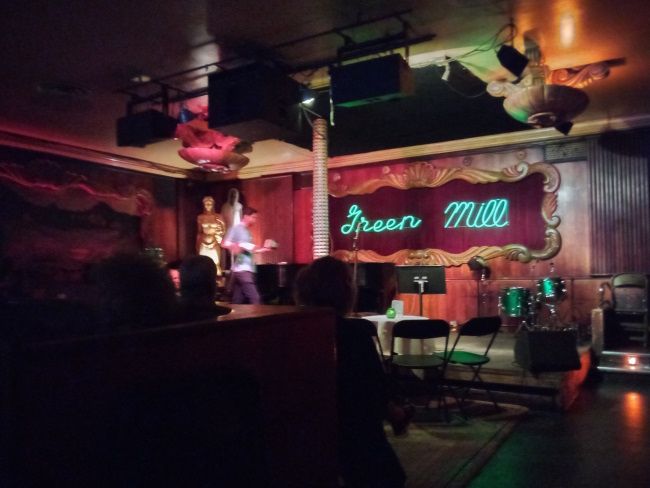
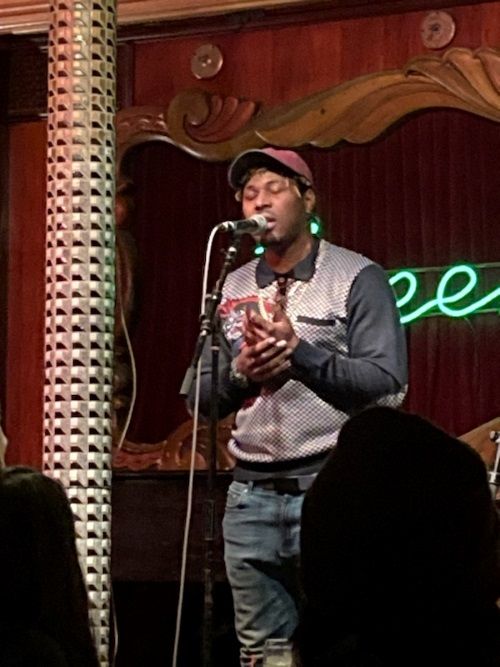
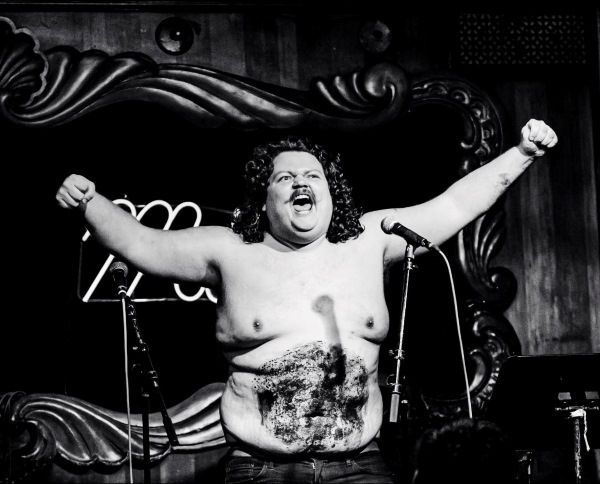
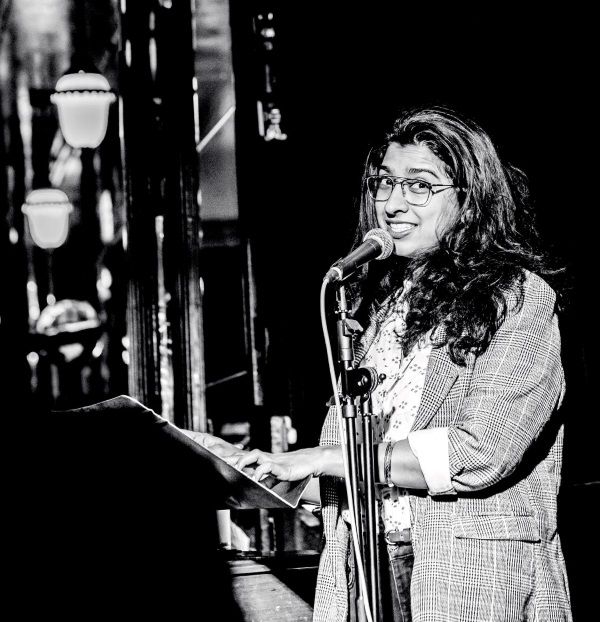
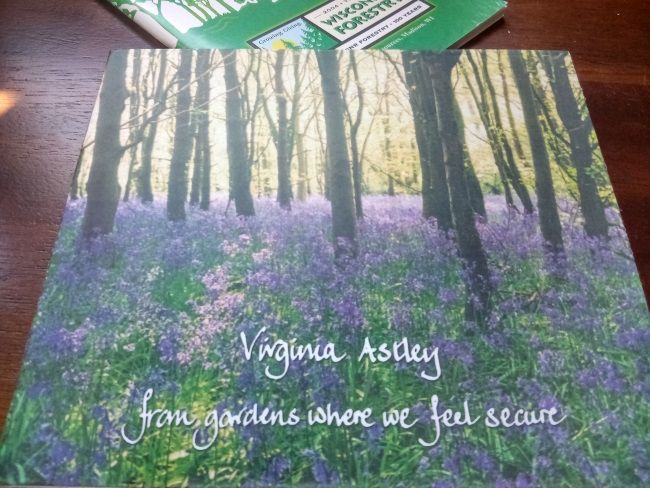
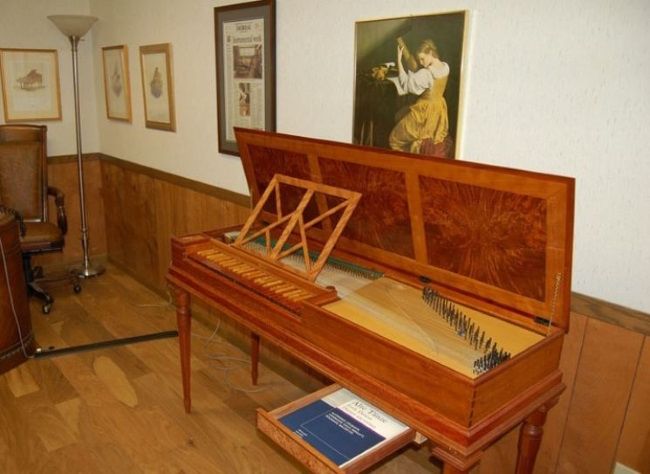
No comments:
Post a Comment